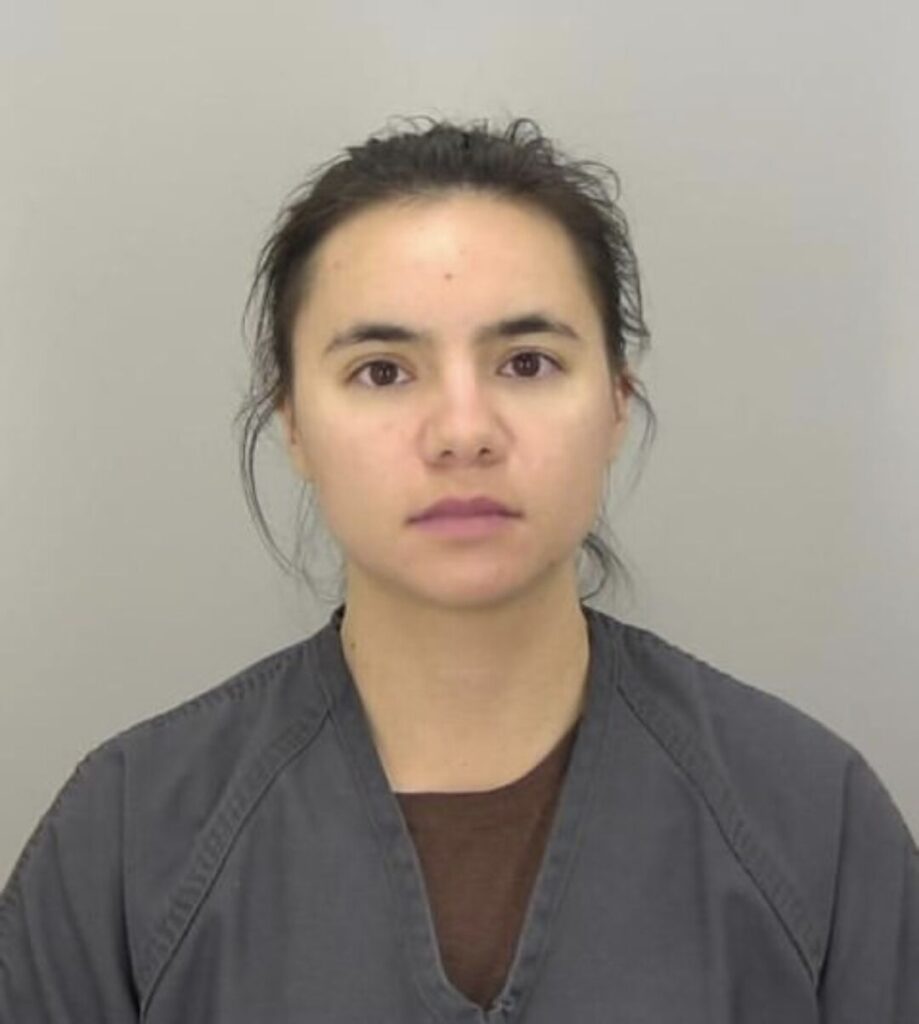Judge signals openness to arresting Gunnison landlords over discrimination claims

A federal judge indicated he will recommend a trio of residential property managers in Gunnison be held in contempt, with the potential for arrest, for their failure to abide by a consent decree in which they agreed not to discriminate against renters with children.
In an unusual hearing before U.S. Magistrate Judge N. Reid Neureiter on Wednesday, David Welch, John Welch and Ruth Welch all failed to appear and explain their non-cooperation. An attorney representing the U.S. Department of Housing and Urban Development (HUD) handed Neureiter a recent advertisement for the Welches’ property, in which they reportedly failed to state that families with children were welcome to apply, as the consent decree requires.
“Let’s give Ms. Welch a call,” Neureiter said, directing a court employee to dial the number on the ad. “I want to make sure they understand what this is about.”
In late 2019 and early 2020, the Welches signed a consent order with HUD and the Denver Metro Fair Housing Center, which is the entity that alleged the Welches were denying or discouraging families from renting at Westwood Cove Condominiums, located at 1412 West Gunnison Avenue.
The document the Welches signed explained that discriminating on the basis of familial status is a violation of the Fair Housing Act. The consent decree required them to pay $800 to the Denver Metro Fair Housing Center, include the language “families with children welcome to apply” when advertising the property, and provide records of rental inquiries and applications to HUD.
But according to HUD, the Welches ignored the agreement almost entirely. In February of this year, the U.S. Court of Appeals for the 10th Circuit ordered the Welches to fulfill their obligations and restarted the three-year compliance period for the consent decree.
Assistant U.S. Attorney Zeyen J. Wu said aside from signing the consent order, the Welches have refused to engage with the process.
“I’ve spoken very briefly on a couple of occasions to the main property manager, Ms. Welch, and she’s basically hung up on me,” he told Neureiter. “They appear to believe the issue was only about the payment of this small amount of money. But what HUD cares about more is that they stop these practices going forward.”
The original investigation of the Welches alleged that Ruth Welch told a caller pretending to be an interested renter with a child that she “did not think she could bend the rules” by allowing them to lease the home. Advertisements for the property also imposed an age floor of 35 or 40 on prospective tenants.
In June, Wu asked the federal trial court to hold the Welches in contempt for failing to do anything to comply with the 10th Circuit’s order, and requested fines of $150 per day for each of the Welches.
“It’s not just hypothetical that they’re not complying. We actually have evidence,” he said, pointing to the rental advertisement without the language required by the consent decree. “We’d just like them to participate in the process. It’s not intended to be punitive.”
Neureiter noted that in response to the government’s request, the Welches had sent a letter to HUD rather than the court, which he attributed to their confusion about the process. The magistrate judge added that he had no prior experience either with this type of case. He hesitated to agree to a $150 fine per day per person.
“That’s gonna total up a lot of money,” he said. Further, if there were such an order for contempt, “they might just ignore that, too. Should we have some provision that if 30 days go by, they’ll be arrested? Not to put them in jail to ensure compliance, but to get them on the phone and explain, ‘Look, this is an order of the court and you owe this.'”
Wu replied that, in his brief telephone conversations with Ruth Welch, she refused to listen. After Neureiter unsuccessfully called the number listed on the property ad, he indicated that as a magistrate judge, he could only recommend a sanction for a district judge to approve. But he was inclined to open the door to the Welches’ arrest.
The recommendation “will include a provision that, if after 21 days have gone by without any contact, effort to comply with the contempt sanction, or attempt to comply with the underlying 10th Circuit order, the court would entertain a motion to arrest the defendants to bring them before the court,” Neureiter said.
His recommendation will go to U.S. District Court Judge Daniel D. Domenico, who will ultimately issue the contempt order.













